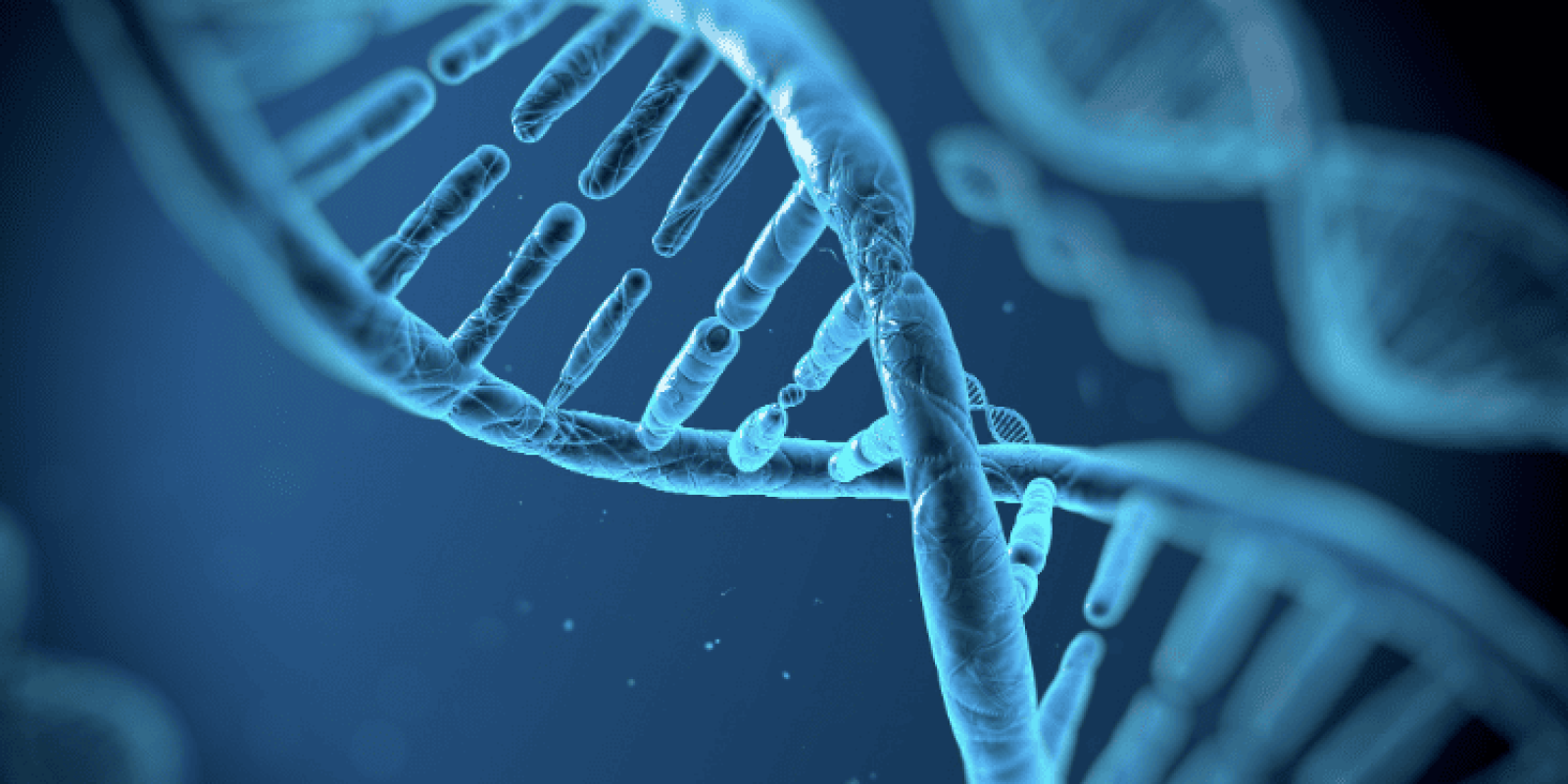Substance abuse and addiction is a potent destabilising force and can have a devastating impact on long-term health, including physical, mental and psychosocial health and wellbeing. Whether it is addiction to an illicit drug or misuse of prescription medications, the long-term health risks of substance abuse can vary depending on the extent of misuse and individual factors like genetics and pre-existing health conditions.
“When someone is actively using drugs,” says Dr Tonya Coren, Clinical Director of Raindrum and First Light Healthcare, “what starts as recreational or in many cases medicinal use, can quickly cascade into misuse and addiction. We are seeing more and more enquiries from individuals in high-powered positions who often face immense pressure to perform, leading to chronic stress and anxiety.”
Sadly, health is often ignored when someone is struggling with substance addiction. “Their addiction often takes over their life,” says Dr Coren, “and becomes the primary focus, making it difficult, if not impossible to prioritise their physical or mental health.”
People struggling with addiction, especially those in high-profile positions, are often afraid to seek help for fear of being judged and stigmatised. Yet, substance abuse and addiction can have a profound and ongoing detrimental impact on a person’s health if help isn’t sought.
Here is a breakdown of the key areas of health affected by substance abuse and addiction:
Physical health:
Addiction disrupts the brain’s chemistry and function, leading to problems with memory, learning, decision-making and impulse control. Addiction alters the brains reward system, which is responsible for regulating pleasure, motivation, and reinforcement, making it increasingly difficult to control impulses and cravings as neural pathways are altered by the constant influx of dopamine. Additionally, certain substances can cause specific brain damage, such as dementia from chronic alcohol abuse or psychosis from prolonged stimulant use.
Depending on the substance, long-term abuse can damage vital organs, including the liver, kidneys, heart, lungs, and digestive system. This can lead to chronic diseases like cirrhosis, kidney failure, heart disease, respiratory problems, and ulcers. Stimulants such as cocaine are particularly hard on the heart and cause damage with every use potentially leading to chronic heart disease. Injectable drugs such as heroin can cause veins to collapse and lead to infections of the veins and, in some cases, of the heart. Sharing needles or other equipment for injecting drugs can increase the risk of contracting HIV, hepatitis B and C, and other bloodborne diseases.
Inhalation of drugs that are smoked causes damage to lung tissue and leads to chronic respiratory diseases. Misuse of prescription opioids, such as Oxycodone, depresses breathing and studies have shown their use can worsen the symptoms of an acute asthma episode.
Substance abuse can impair judgment and coordination, increasing the risk of accidents and injuries, including falls, car crashes, and self-inflicted wounds.
Addiction can impact libido, fertility, and the ability to engage in healthy sexual relationships.
Mental health:
Substance abuse is often linked to the development and/or worsening of mental health disorders like depression, anxiety, and post-traumatic stress disorder (PTSD). Additionally, some substances can induce temporary or permanent psychosis. Long-term substance use can also lead to problems with memory, learning, attention, and concentration. Addiction is also a major risk factor for suicidal thoughts and behaviours.
“One of our most important missions at Raindrum is to equip our clients with the tools needed to take charge of their health and become their own best advocate for future wellbeing.”
~Dr Tonya Coren, Raindrum Clinical Director
Psychosocial impacts:
Substance abuse can damage relationships with family, friends, employers and romantic partners. Erratic behaviour, broken trust, emotional detachment, absenteeism, financial stress and neglect are all hallmarks of drug addiction. Possession, use, or distribution of illicit substances can lead to legal problems, including arrest, incarceration, and fines. Addiction can lead to significant financial problems due to the cost of drugs or alcohol, legal fees, and lost wages.
Individuals struggling with addiction may withdraw from social activities and relationships, leading to loneliness and depression, withdrawal from social support and increased risk of relapse.
It’s important to note that not everyone who experiences substance abuse will develop all of these consequences. The severity of the impact depends on various factors, including the type and amount of substance used, the duration of use, and individual vulnerability. However, the potential for serious and long-lasting consequences is always present.
No stone unturned
Drug addiction is all-consuming. Not only do those in its grip neglect relationships and work, but health concerns are also overlooked and ignored.
Raindrum comprises a unique offering of over 50 primary healthcare and allied health medical specialists. Our team of specialists, medical experts, nurses, therapists and carers are committed to helping our clients gain a comprehensive understanding of their health from the outset of their journey with us. Medical assessments conducted prior to program intake are essential in ensuring our clients get the care they need at the time when they need it most. With in-house access to pathology, imaging, psychological evaluations, functional capacity assessments, allied health, experiential therapies, and expert medical specialists, including skin cancer specialists, sexual health specialists, and preventative health specialists, Raindrum brings to its clients a comprehensive, highly personalised health offering like no other.
“Our healthcare system at the moment is set up to be quite reactive”, says Dr Coren. “When someone is in pain, the system is there to put a bandage on it. At Raindrum”, she says, “we leave no stone unturned. Our programs incorporate a highly forensic approach to healthcare for our clients and we believe this makes us the best at what we do. Our approach is proactive in every sense, from the initial assessments which help inform program planning, to our ability to adapt where flexibility is needed, to our approach to preventative health. One of our most important missions at Raindrum is to equip our clients with the tools needed to take charge of their health and become their own best advocate for future wellbeing.”
“Traditional rehab tends to focus on abstinence from drugs and/or alcohol.” says Dr Coren, “Whilst at Raindrum, the primary focus of program intake may be to treat substance misuse, burnout or anxiety, we regularly find that unintentional self-care neglect has acted as a catalyst for life debilitating or even life-ending conditions to take hold. For example, we have diagnosed melanomas through comprehensive skin checks, autoimmune conditions via pathology and clinical examination, along with pelvic floor weakness (for men and women), cardiovascular disease and liver function deficiencies – all whilst our clients are in program”, says Dr Coren.
Raindrum provides successful programs and treatments for individuals affected by mental health disorders, including substance abuse, depression, anxiety, disordered eating and vocational stress. Experience has shown us that success comes from a holistic approach to each individual client. We recognise that our physical, mental, emotional, social and spiritual well-being are all interconnected and that each aspect can influence our overall health.
Our programs are designed with the following in mind:
- Treating the whole person: We take into account all aspects of our clients’ lives, including physical health, mental health, emotional well-being, social relationships, and spiritual beliefs.
- Focus on Prevention: Raindrum programs are focussed, not just on treating disease, but also on preventing illness and promoting overall well-being. This will almost always involve lifestyle changes, such as eating a healthy diet, exercising regularly, getting enough sleep, and managing stress.
- Patient-centred care: We emphasise patient-centred care, which means that each client is an active participant in his or her own healthcare decisions. Our team of specialists and medical practitioners work with each individual to develop a personalised program tailored to meet individual needs and goals.
- Integrative medicine: Raindrum programs incorporate a variety of different therapies, both conventional and complementary. This allows our clients to choose the therapies that work best for them.
Help is at hand
Raindrum offers bespoke treatment with a carefully curated team of medical specialists, nurses and care staff to suit the unique needs of each of its clients. Discreet, private, one-on-one programs and exclusive, luxurious accommodation allows our clients to receive the support they need in a safe, comfortable environment. For more information, please contact the Raindrum team on 1800 960 417 or visit us at www.raindrum.com.au.
If you or someone you know is struggling with substance abuse, seeking professional help is crucial. There are many effective treatment options available, and recovery is always possible. Remember, you are not alone. Help is available. For further reading and more information, please see the following list of resources:
NATIONAL MENTAL HEALTH
ASSISTANCE CONTACT NUMBERS
|
Mental Health Line |
1800 011 511 |
Offers advice & referrals to local mental health services
|
|
13 11 44 |
Crisis support, suicide prevention
|
|
|
1300 224 636 |
Depression, anxiety
|
|
|
1300 789 978 |
Online service for stress, worry, anxiety, low mood or depression
|
|
|
1800 614 434 |
Online assessment & treatment for anxiety & depression
|
FELLOWSHIPS
1300 222 222
1300 652 820
Phone: 13 11 44
SMS: 0477 131 114
Online: Lifeline Crisis Online Chat Service | Lifeline Australia
Suicide Call Back Service: 1300 659 467
Family Drug Help (Vic): 1300 660 068
Family Drug Support (NSW): 1300 368 186
Parent and Family Drug Support Line (WA): 1800 653 203
Relationships Australia: 1300 364 277
see website for the phone number in your state/territory
Each state and territory have a central alcohol and drug information service that provides counselling, information, and referrals to support and treatment services:
ACT: (02) 51249977
NSW: (02) 9361 8000 (Sydney) or 1800 422 599 (NSW)
VIC: 1800 888 236
NT: 1800 131 350
QLD: 1800 177 833
SA: 1300 131 340
TAS: 1800 250 015
WA: (08) 9442 5000 (Perth) or 1800 198 024 (WA)
National Alcohol and Other Drug Hotline 1800 250 015



